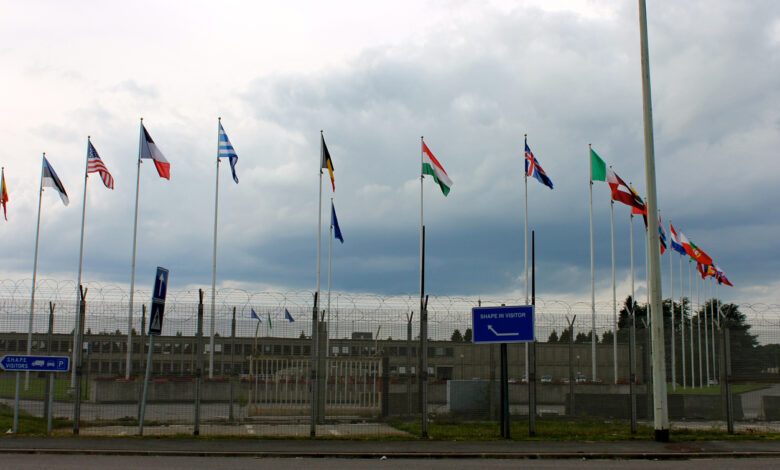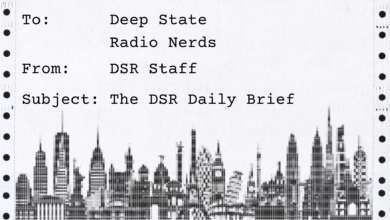No, NATO Expansion Had Nothing to do with the Ukraine War

Folks, can we please put to rest the “NATO Expansion” got us to where we are with the Ukraine fable? This is a story spun up by a psychopath to justify the indefensible. Adding credence to it in any way helps validate his actions. But, let’s get back to the fable part, shall we?
- Had Ukraine wanted to join NATO, that would be their sovereign right as an independent state and would not justify Russia’s actions.
- Ukraine was not, at the time of attack, under serious consideration for NATO membership.
- Other countries that joined NATO weren’t attacked. If anything, Putin attacked Ukraine because it wasn’t yet part of NATO.
- When Putin attacked Crimea, Donetsk and Luhansk, his primary “reason” had little to do with NATO but instead was focused on protecting “ethnic Russians.”
- When Putin attacked Georgia, he argued he was solving a local dispute and serving the interest of ethnic Russians.
- Putin’s argument for attacking Ukraine was based, first and foremost, on a twisted idea of restoring the Russian empire.
- Putin supported those arguments with regular assertions that questioned Ukraine’s right to exist as a sovereign state.
- Russia, not the West, is the one that has serially broken not one but virtually every single agreement it has signed regarding European security and the security of Ukraine since the end of the Cold War. All of them.
- NATO never promised not to expand and has had an open door policy to new members since 1949.
- Participants in the meetings with Russians at which they assert a commitment was made deny it.
As for point 10.) above, please see point 9.) because there is no formal agreement of any kind on this. For more on this particular “controversy” please see this link from Politifact.
Even arguments that seek to understand the Russian point of view note that no agreement was ever signed and that, in fact, to the contrary, Russia agreed to other arrangements that accepted the idea of NATO expansion.
As with his ideas about the Russian empire, Putin is trying to rewrite history here to suit his own ambitions and pathologies. The conclusion of a good article in the New Yorker on this includes the following accurate statement: Putin “will likely be considering the cruel arithmetic of what he can get away with and at what cost, rather than the details of decades past.”
For more about what Russia has promised to do and the actual written agreements they have violated. See this Brookings piece on the Budapest Memorandum:
In the case of the post 2014 attack Minsk agreements, they were signed to end a war that Russia started and not only have Russian backed forces ignored them but Russia has argued–in an outrageous lie–that they were not actually a party to the conflict.
Here’s a brief summary of those agreements:
Some scholars who suggest that NATO expansion was an underlying cause for this conflict cite experts who have argued (like George Kennan) that NATO expansion was a bad idea. Kennan and others did say this. But, in the first instance, I think the attack on Ukrainendemonstrates the nature of the Russian threat and therefore actually supports the case for NATO expansion. Secondly, we should note that while other countries fall into the purview of Putin’s old Russian empire, the only one he attacked was the one that was not a NATO member.
In other words, in my humble view, those experts were wrong. But the scholars and pundits who are offering these specious arguments about the role of NATO expansion in leading to the current war are wrong…but they are not just wrong.
They are willfully ignoring or twisting facts to present a point of view that is helping to make the case for serial atrocities by a sociopathic megalomaniac against the people of an innocent nation. In such a case we must not only wonder about their scholarship but also their motives. (Which is not to say all have bad motives. Some are just being sloppy. Some are just trying to support other arguments they’ve previously made. But, we can certainly wonder about the motives of some even as we reject their claims as unfounded.)

